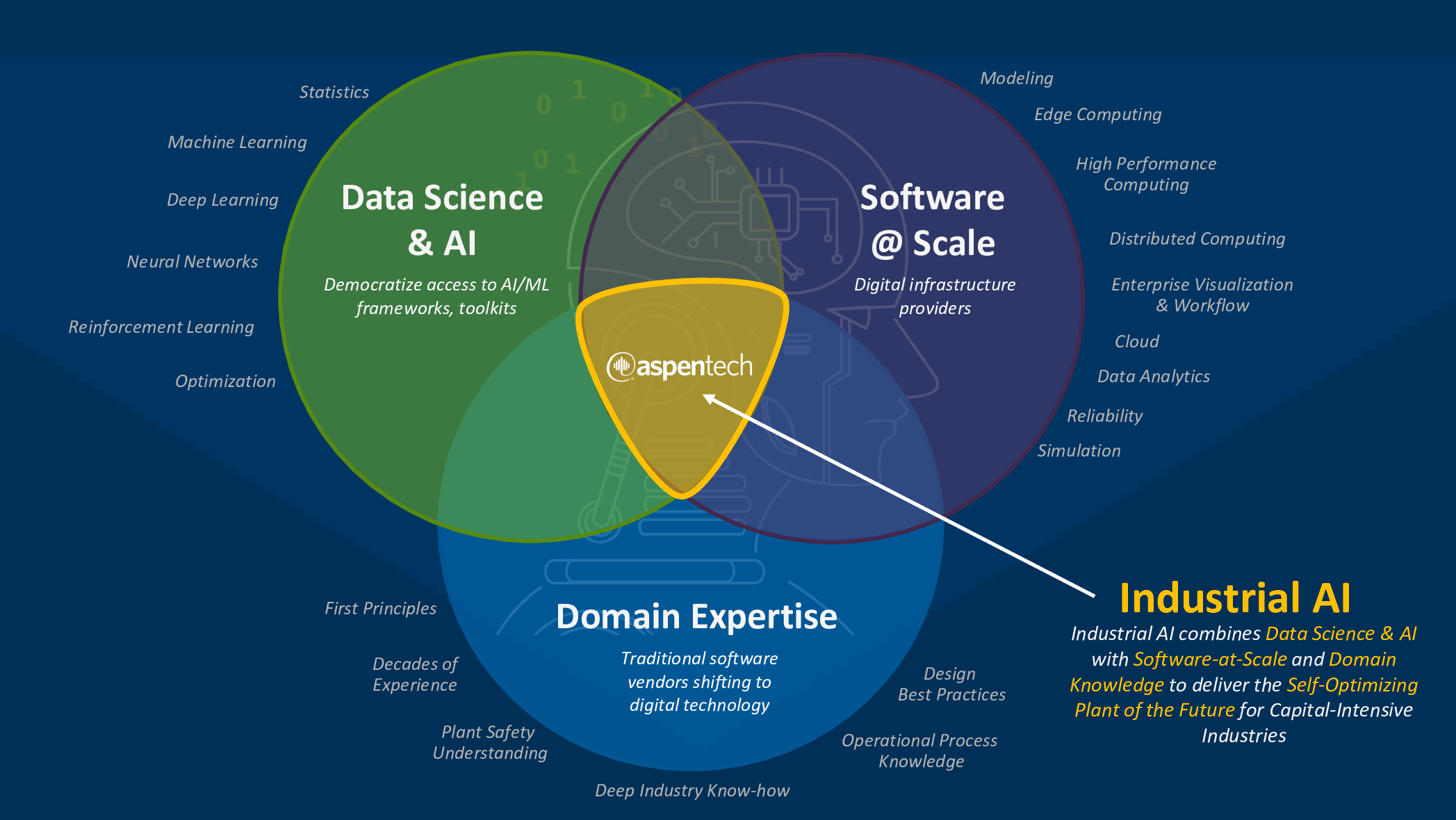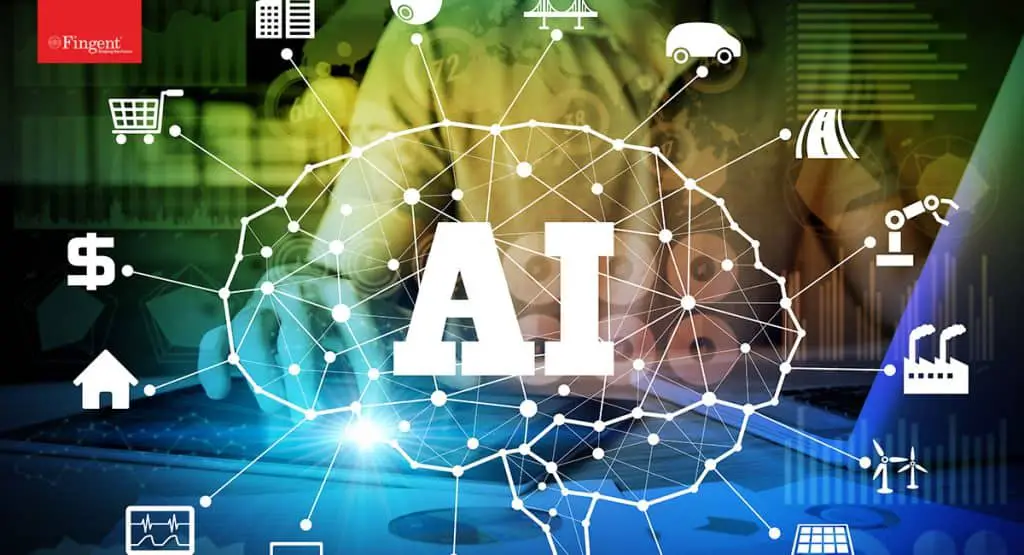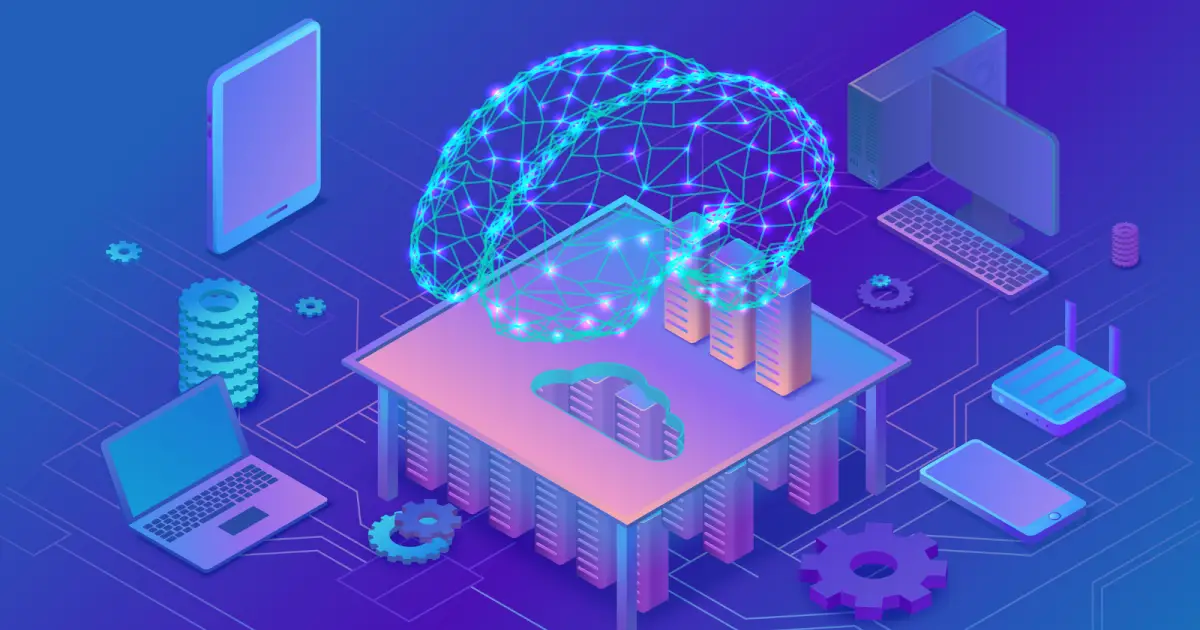The Future of AI: Transforming Industries and Societies

Artificial intelligence (AI) has become increasingly integrated into our lives, transforming industries and societies at an unprecedented pace. AI-powered tools and applications are revolutionizing everything from healthcare and education to transportation and manufacturing. Here are some of the ways AI is shaping the future:

Automation of Tasks: AI can automate repetitive and mundane tasks, freeing up human workers to focus on more complex and strategic tasks. This has the potential to boost productivity and efficiency across various industries.

Enhanced Decision-Making: AI algorithms can analyze vast amounts of data and identify patterns that are invisible to human observers. This capability enables better and more informed decision-making in areas such as healthcare, finance, and marketing.
Personalized Experiences: AI can analyze individual preferences and behaviors to provide personalized experiences in various domains. For example, in online shopping, AI-powered recommendations help users find products that match their interests.
Improved Safety and Security: AI-powered systems are being developed to enhance safety and security. For instance, AI-enabled surveillance systems can detect anomalies and identify potential threats.
Healthcare Revolution: AI is transforming healthcare by assisting in disease diagnosis, treatment planning, and drug discovery. It has the potential to improve healthcare outcomes and reduce costs.
Education Innovation: AI is being used to personalize learning experiences and provide tailored support to students. It helps identify learning gaps, provides real-time feedback, and makes education more accessible.
Transportation Advancements: AI-powered autonomous vehicles are on the horizon, promising safer and more efficient transportation systems. AI is also being used to optimize traffic flow and reduce congestion.
Manufacturing Revolution: AI is transforming manufacturing by enabling automation, predictive maintenance, and quality control. It improves productivity, reduces costs, and enhances workplace safety.
Ethics and Considerations: As AI continues to evolve, ethical considerations become paramount. It is essential to ensure that AI systems are developed and used responsibly, with transparency, accountability, and without bias.
The future of AI holds infinite possibilities and challenges. By embracing its transformative potential and addressing its ethical implications, we can harness AI to create a better and more sustainable world.
